Contact

POTENT. PURE. PERFECT.
Our cutting-edge formulas are designed to fuel your body and support your training, helping you to push harder and achieve more. Whether you're a seasoned athlete or just starting your fitness journey, Push the Pace has the products you need to take your performance to the next level. Try us today and see the difference for yourself!
What kinds of Lab certifications do Push the Pace have?
- Good Manufacturing Practice (GMP) certified by Underwriters Laboratories (UL) and the Natural Products Association - Certifies adherence to a system of processes, procedures and documentation to assure product has identity, strength, composition, quality and purity that appear on its label.
- USDA certified to handle organic ingredients, assuring organic integrity from farm to retail shelf
- Halal and kosher certified
- Non-GMO Project verified
- Vegan certified - Do not contain ingredients with animal products or by-products, and have not been tested on animals
- Environmental stewardship - Only use post-consumer resin (PCR) for packaging
How do I determine what a good quality supplement looks like?
- FDA has established good manufacturing practices (GMPs) that companies must follow to help ensure identity, purity, strength, and composition of their supplements.
- GMPs can prevent adding wrong ingredient (or too much or too little of the correct ingredient) and reduce chance of contamination or improper packaging and labeling of product.
- FDA periodically inspects facilities that manufacture supplements.
- Several independent organizations offer quality testing and allow products that pass these tests to display seal of quality assurance indicating product was properly manufactured, contains ingredients listed on label, and does not contain harmful levels of contaminants. (These organzations are: NSF International, U.S. Pharmacopeia, ConsumerLab.com, Informed Choice)
- These seals do not guarantee that a product is safe or effective.
What does Push the Pace specialize in?
- Plant-Based Nutrition, Probiotics and Organics
Does Push the Pace meet FDA supplement regualtions?
- Yes! Push the Pace supplements meet FDA supplement regulations.
What is the difference between medications and supplements?
Medications:
- set of medicine or drugs used to improve a particular condition or illness
- requires a prescription from doctor before it can be dispensed
- usually follows a regular schedule that should be strictly followed
- contains an active ingredient
- goal to provide cure if not to maintain and improve the current condition of the body
- comes in many dosage forms, including injections, tablets, capsules, liquids, creams, and patches
- subject to premarket evaluation
- FDA maintains a comprehensive evaluation process
- can be covered by insurance
Supplements:
- do not need a prescription from doctor (although a doctor should be consulted before starting )
- intended to supplement a dietary need
- can either enhance or improve one’s diet to reinforce the nutrient supply to the body
- do not give a cure to any illness or disease
- uses health claims or disclaimers
- sold to the market without evaluation
- do not necessarily pass FDA evaluation
- not usually covered by insurance
